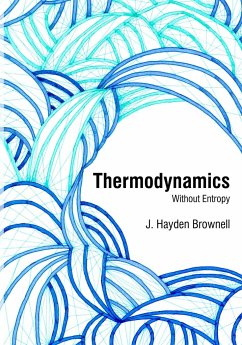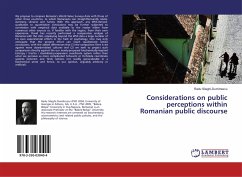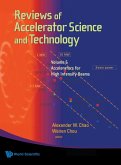Thermodynamics is the study of very complex systems and so is the foundation for all applied physical sciences. The standard theory is predicated on two assumptions: that entropy is maximum in equilibrium (the Second Law of Thermodynamics) and that fluctuations mimic average flow behavior (Onsager reciprocal relations). Both of these assumptions are shown to be invalid, which is why standard theory remains semi-empirical after 170 years. Why rely on static 19th century arguments when we now know far more about microscopic dynamics? In this treatise, the author extends quantum mechanics to macroscopic scale, building a concrete bridge from fundamental physics to the phenomena we observe. Transport equations are derived without empirical factors, implying flow is always toward a stable equilibrium steady state. This new theory is comprehensive and achieves unambiguous conclusions directly, without introducing entropy or additional postulates. This approach also reveals that entropy is not maximum in equilibrium except in ideal systems, contradicting the Second Law. Real systems evolve to a balanced state, not disorder. Standard theory is incompatible with quantum mechanics. This conclusion alters the rationale for all observations, from simple processes to evolution of the cosmos and intelligent life. Thermodynamics Without Entropy presents a complete theory including all logical steps from fundamental physics to demonstration of a variety of applications. It grounds applied science for physicists, chemists, biologists and engineers of all fields. This book is intended for use as an undergraduate and graduate textbook as well as a research reference.
Hinweis: Dieser Artikel kann nur an eine deutsche Lieferadresse ausgeliefert werden.
Hinweis: Dieser Artikel kann nur an eine deutsche Lieferadresse ausgeliefert werden.








